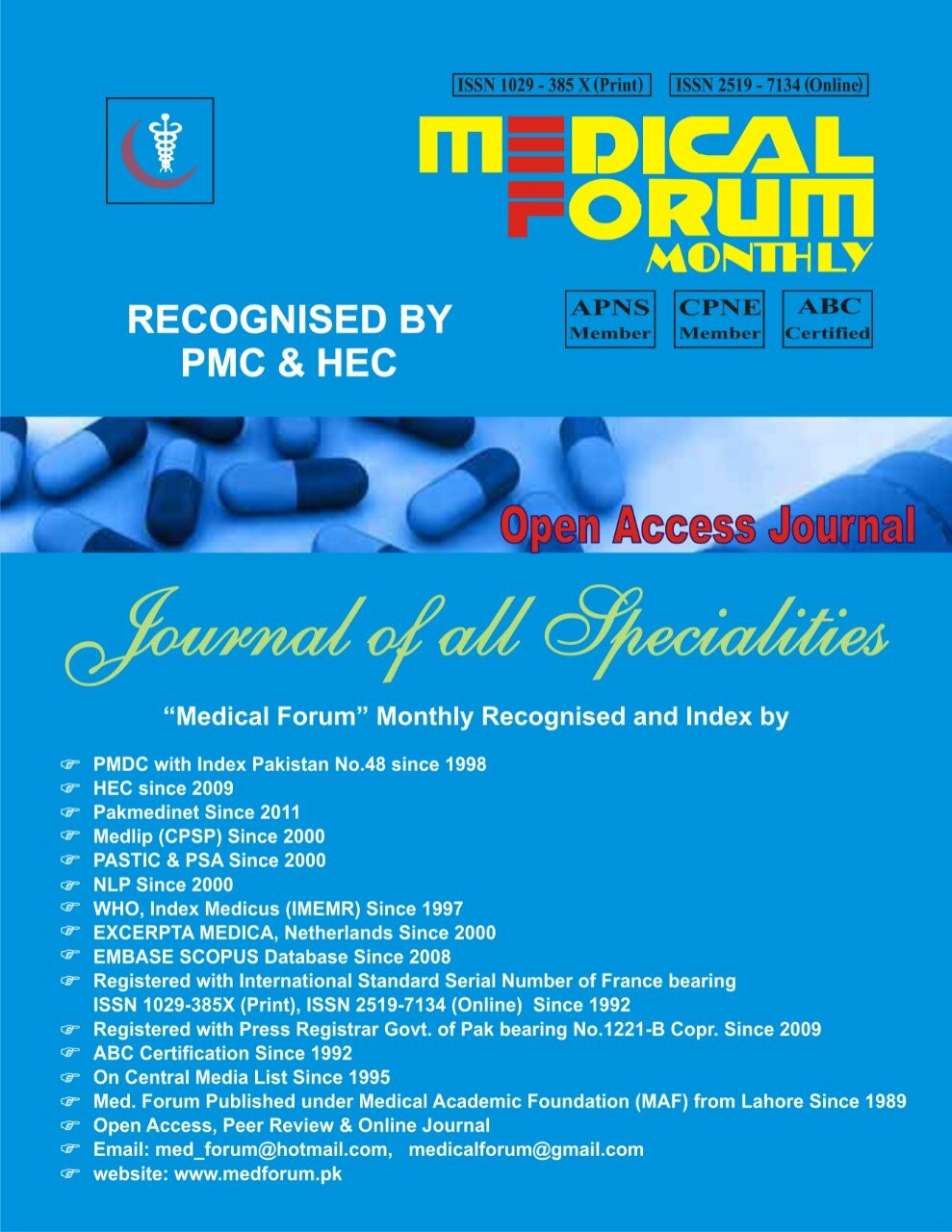
14. Disrupting the Connection between Hospice Admission and the Cessation of Dialysis Treatment
Disrupting the Connection between Hospice Admission and the Cessation of Dialysis Treatment
Ghulam Mustafa1 and Feras Almarshad2
ABSTRACT
Objective: To examine the latest trends and predictors utilization of hospice, ascertain the suitable hospice care duration, and investigate the discontinuation of dialysis without enrollment hospice among patients with end-stage renal disease.
Study Design A Prospective study
Place and Duration of Study: This study was conducted at the department of Medicine Nishtar hospital, Multan from January 2021 to December 2022.
Methods: A pre-designed questionnaire was utilized to gather comprehensive data on demographic characteristics, diagnoses, biochemical markers, clinical history, and claims patient’s information with end-stage renal disease (ESRD). The final dataset consisted of 300 unique records for ESRD patients who had passed away during the study duration.
Results: The mean duration of hospice of enrolled hospice patients was greater than not enrolled hospice patients as 17.74±4.94 days and 12.39±4.58 days, respectively, (p<0.001). Whereas, most of the not enrolled hospice patients had <15 days of hospice care 75.9%.
Conclusion: Median hospice duration before death: 5 days; Elderly, and non-kidney transplant recipients more likely to enroll; Hospice duration increasing; Need for better coordination in ESRD and hospice care; Patients discontinuing dialysis without hospice likely need different interventions; Medicare barrier to hospice enrollment should dissolve post-dialysis cessation.
Key Words: Hospice, discontinuation of dialysis, End stage renal disease, Kidney transplant, Death
